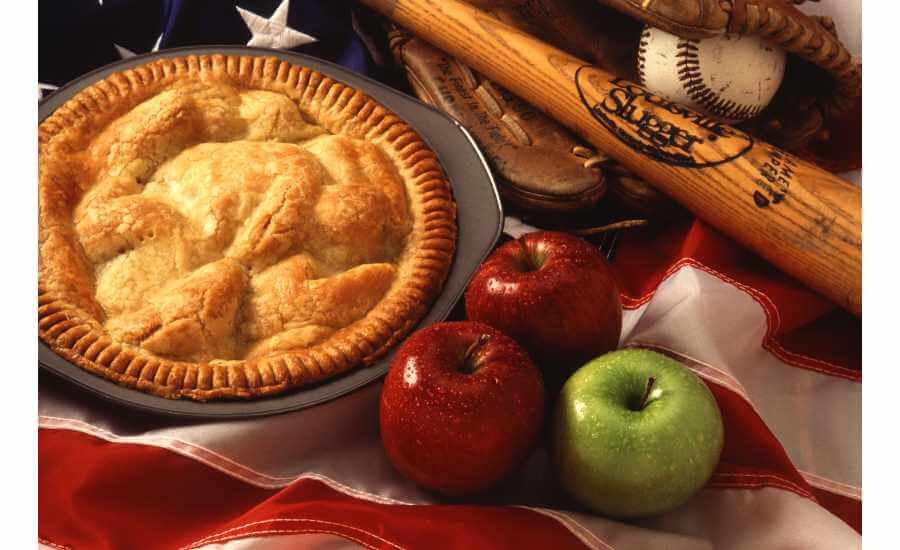France is renowned for its food and eating places, that’s one of the reasons it is the maximum visited country inside the world, but alternatively, controversially, some humans assume France has reached its culinary height.
For a decade, human beings have been bemoaning the decline within the recognition of French food. That French restaurants have been buying and selling on an old-fashioned belief of what constituted a good meal, charging via the nose for classic sauces and unexciting cuts of meat. In 2006, the UK’s Telegraph pronounced on a Wall Street Journal survey performed in 20 countries that “the arena changed into turning up its nostril at French cuisine,”
In a global survey of greater than 20,000 humans in 20 nations, French delicacies became shrugged off as the most overestimated of all cuisines. Even the French agreed. France can also have encouraged simply all western cooking and described the phrases, but it appears we are not inspired.
In 2014, the New York Times ran an editorial entitled, “Can Anyone Save French Food?” where it alleged that French food had grown to be bland and predictable, that as a whole lot as 70% of French eating place meals was preprepared offsite (sometimes frozen) and to add insult to harm, France had grown to be McDonald’s’ second-largest market after the U.S. It seemed that the French food enterprise had emerged as a sufferer of its personal fulfillment and changed into cashing in, with horrified clients in lots of French restaurants each in France and distant places. (In defense, French delicacies can be technically hard to master, and with the proliferation of many French restaurants, kitchens didn’t have the competencies to supply).
It additionally relies upon who you ask. There are several annual lists of pleasant chefs and restaurants globally; one belongs to the renowned Michelin manual. However, it is regularly argued that the Michelin eating place guides are skewed closer to French eating places or French cooks running in kitchens around the arena. Other lists, including Restaurant Magazine’s annual “World’s 50 Best Restaurants,” consist of a much wider selection of cultures and nationalities. The latter tends towards innovation and fusion meals (a mash-up of cuisines from distinctive countries) even as the former is often criticized for staying unswerving to the identical French masters, including Alain Ducasse and Michel Bras. Certainly, French human beings still hold their very own delicacies in high regard–the French are lovingly tied into their personal neighborhood food way of life and nearby terroirs and feature information in their local wines and food products which is going returned generations. As The Guardian pronounced this week on the “upward thrust and fall of French cuisine,” the French created all of the languages to do with consuming,
All the grammar and idiom of what we know and understand as “a restaurant” became evolved through the French in the 19th century. The menu, the development of canapés and hors d’ oeuvres followed with the aid of entrée, plat, and dessert, the accompanying march of aperitif, wine, coffee, digestif. The way a Maître D (Maître d’hôtel, or grasp of the residence) welcomes visitors, the formality of the waiters sporting a traditional black tie. There was selected pomp and performance to an eating place that turned into one-of-a-kind to a diner or a pub or a taverna. In time, it’d come to connote a sophistication that became seen because of the special keep of the French – and, for us impolite mechanical Anglo-Saxons, the peak of our aspirations.
So the French tend to be sniffy towards Anglophone delicacies. The view continues to be that the only American meals are hamburgers (by no means aided by the presence of McDonald’s), and the British handiest ever eat fish and chips.
The Guardian article says this places French food squarely in the past. Bloated charges and reputations have been helped a bit through the French government decreasing VAT and encouraging new labeling systems consisting of fait Maison (homemade), but this additionally came with a limitation in that “conservation breeds conservatism.” Everyone is needed to have qualifications to bake or cook (which may be discouraging and doesn’t lend itself closer to innovation). The onus is an excessive amount of perfection and regulations.








